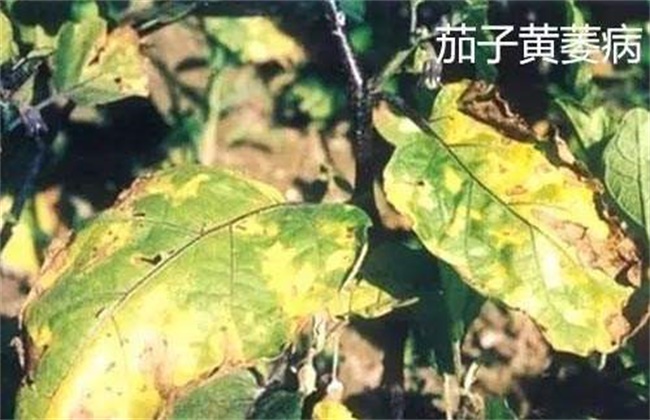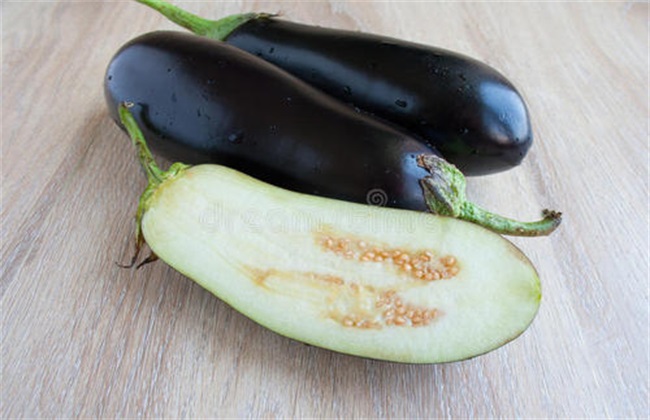What about eggplant fertilizer damage?
Eggplant is a very common vegetable in our country, because there is a very large market demand, so the planting area of eggplant in our country is still relatively large. When we grow eggplant, there are often various problems affecting the growth of eggplant. And fatness is one of them, so what is the cause of eggplant fatness? What should I do about eggplant fatness? The following small series will briefly introduce you, let's take a look together!

1. Causes of fertilizer damage
1. Apply undecomposed farm manure
Farm manure is a very good fertilizer when fertilizing eggplant. However, many farmers did not fully decompose it when applying farm manure, or mixed it into nutrient soil. Farm manure, on the other hand, begins to ferment, producing a lot of heat, which causes the seedlings to be burned and produce nonsense. When the seedlings are burned, the color will gradually turn brown, and the new roots will stop growing, causing the root to absorb fertilizer and affecting the growth of the whole plant.
2. Improper topdressing
When eggplant enters the peak of fruiting melon, it is generally in the summer and other high temperature seasons. At this time, topdressing work needs our attention. If ammonium bicarbonate and other fertilizers are applied, the temperature is not paid attention to. Then the ammonia content in the air increases, causing ammonia poisoning in plants. This causes the plant to appear water-stained, and then gradually brown in color. If too much fertilizer is applied, it will cause a large number of dry leaves and fertilizer damage.
3. Improper foliar fertilizer spraying
Foliar fertilizer application is also very important for eggplant growth. However, because many people do not know enough about foliar fertilizer, they feel that applying foliar fertilizer is beneficial to the growth of eggplant. And some manufacturers in the growth of foliar fertilizer, will add a large number of crop stimulation of its hormone substances. If too much fertilizer is applied, it will lead to foliar fertilizer damage, resulting in various undesirable phenomena such as leaf rigidity, deformity, stem thickening, etc., resulting in plant micro-fertilizer poisoning.
Second, what about fat damage
When we apply organic fertilizer, we must ensure that it is fully decomposed. When organic fertilizer is accumulated, microorganisms should be used to decompose it into nutrients that can be used by eggplant plants. This organic fertilizer is suitable for eggplant absorption. If symptoms are found, water them in time to effectively alleviate them. Generally, after about a week, it can resume normal growth, but also pay attention to controlling the amount of watering, not excessive watering, to prevent waterlogging.
Then we in summer and other high temperature season topdressing time, to ditch mainly, after fertilizer covering soil. Fertilization should not be done at noon, etc. If it is evening fertilization time, it should cooperate with ventilation watering work. Then when spraying foliar fertilizer, pay attention to controlling the dosage, match foliar fertilizer, and not at noon. Usually after 3:00 p. M.
The above is a simple introduction to how to do eggplant fat damage. Today's introduction is here, this article is for reference only, I hope to help everyone oh!
Related
- Where is it suitable to grow horseradish in China? it is expected to see the middle altitude horseradish in Alishan.
- How to prevent tomato virus disease reasonably? (Control methods included)
- Many people like to plant towel gourd on the balcony. What are the main points of this method and management?
- What crops can chili peppers be mixed with?
- Fertilization techniques and matters needing attention in Tomato
- What are the grafting techniques for peach seedlings in spring?
- Harm and control methods of root swelling disease of Chinese cabbage
- What are the pests of sweet potatoes? How to prevent and cure it?
- Symptoms, causes and Control methods of navel Rot in Tomato
- The cause of "Cucumber rotten bibcock" in Farmers' planting Cucumber and its Control Plan



